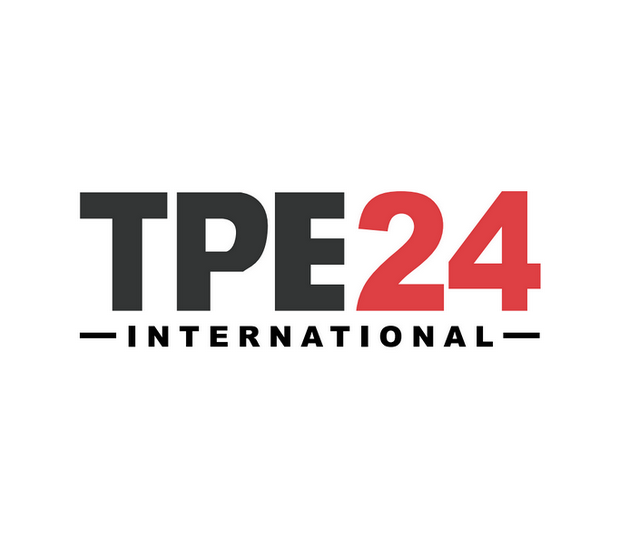Navigating Tobacco Alternatives: Malaysia's Approach to Regulating Electronic Cigarettes

10 November 2023
Introduction
In a progressive move, the Malaysian government is delving into the intricate realm of regulating tobacco alternatives, particularly electronic cigarettes. Last month, the Tobacco and Smoking Control Bill underwent further scrutiny in a parliamentary special committee, signaling Malaysia's commitment to understanding and managing both traditional cigarettes and emerging alternatives.
The Committee's Focus: A Comprehensive Study
The special committee's mandate extends beyond traditional tobacco control to encompass a detailed exploration of methods to regulate not only conventional cigarettes but also innovative alternatives like electronic cigarettes. This move is pivotal, given the escalating popularity of electronic cigarettes in Malaysia, showcasing the government's forward-thinking approach.
Global Perspectives: Learning from Others
As electronic cigarettes gain traction among Malaysian youth, some nations have implemented stringent enforcement measures on their production, sale, and usage. Countries such as Thailand, Singapore, India, Iran, Taiwan, Brazil, and Argentina have already imposed bans, with travelers facing substantial fines for bringing electronic cigarettes into these regions. However, the effectiveness of such bans remains a subject of debate.
Case Study: Saudi Arabia's Ban and Unintended Consequences
Examining Saudi Arabia's experience, where a tobacco product ban was enacted, provides insights. Despite an official ban on the sale of electronic cigarettes by the Saudi Ministry of Commerce and Investment in 2015, the black market witnessed a staggering 300% increase in prices for cigarettes and waterpipe products. This raises questions about the efficacy of outright prohibitions.
Badael's Innovative Approach in Saudi Arabia
Contrary to a blanket ban, Saudi Arabia's Public Investment Fund established Badael in May of this year. This company aims to develop and produce non-tobacco nicotine delivery products by year-end. With a forecasted impact on helping nearly one million smokers (25% of the smoking population) quit by 2032, Badael exemplifies an alternative strategy to address smoking habits.
Global Landscape: Varied Approaches
China and select U.S. states have taken steps to ban flavored electronic cigarettes that may attract minors. China goes a step further, prohibiting electronic cigarette sales on e-commerce platforms and live-streaming channels deemed enticing to minors. However, enforcing these bans poses challenges, as minors still find ways to access electronic cigarettes.
UK's Progressive Initiatives
In contrast, the United Kingdom adopts a proactive stance through its "Quit Smoking Exchange" program. This initiative encourages traditional smokers to transition to a less harmful alternative – electronic cigarettes. Participants receive electronic cigarette starter kits and crucial support to aid in their smoking cessation journey. Moreover, pregnant women in the UK receive financial incentives and clinical support to switch to electronic cigarettes.
Japan's Enforcement Measures
Japan, led by Prime Minister Rishi Sunak, is establishing an "Illegal Electronic Cigarette Enforcement Team" to crack down on stores selling electronic cigarettes to minors. This robust approach aims to curb underage access to electronic cigarettes through surprise inspections and stringent enforcement.
Scandinavian Nations: Striking a Balance
Denmark, Sweden, Norway, and Finland adopt a balanced approach. While allowing the sale of electronic cigarettes, these nations impose strict regulations, including a ban on advertising. This nuanced strategy aims to mitigate the potential risks associated with electronic cigarette usage.
Australia and New Zealand: Future Plans
Looking ahead, Australia and New Zealand are gearing up to ban disposable electronic cigarettes. In Australia, electronic cigarettes are confined to pharmacy sales, requiring a prescription for purchase. Despite this, Australian authorities view electronic cigarettes as valuable tools for smokers aiming to quit.
Philippines: Pioneering Legislation
In Asia, the Philippines stands out as the first country to enact legislation differentiating combustible tobacco from non-combustible alternatives like vaporized nicotine. The "Nicotine and Non-Nicotine Products Regulation Act" empowers the Philippine government to regulate various aspects of electronic cigarette products.
Conclusion: Rethinking Global Approaches
In the global pursuit of curbing youth adoption of harmful smoking habits, a critical reevaluation of regulatory strategies is imperative. Instead of relying solely on prohibitive measures, governments, media, and civil society should channel efforts into educating the public with factual information about the risks associated with electronic cigarettes. Striking a balance between regulation and education holds the key to crafting effective and sustainable solutions for the evolving landscape of tobacco alternatives.


























